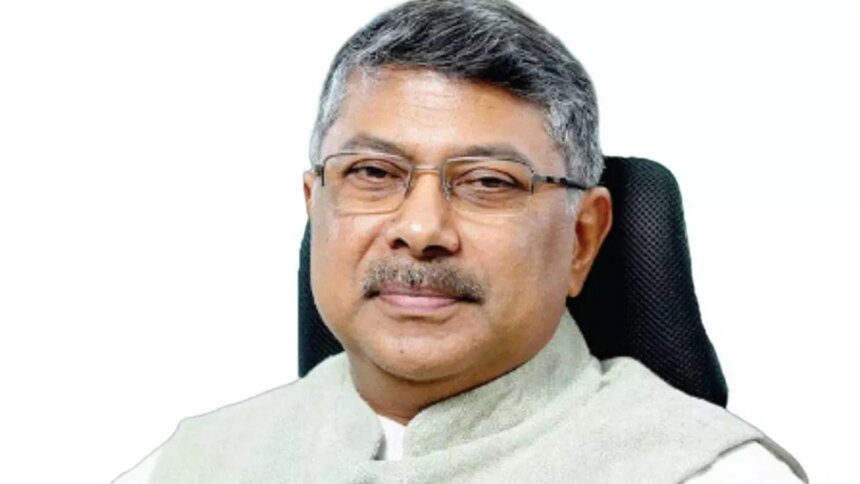Corp orate leaders from various sectors in Kerala have expressed a very favorable and growth-oriented view of the Union Budget presented by Finance Minister Nirmala Sitharaman.
During an interactive session with selected media representatives, they emphasized the Finance Minister’s focus on critical areas such as agriculture, micro, small, and medium enterprises (MSMEs), start-ups, innovation, and investment.
Vinod Manjila, Chairman of the CII Kerala State Council, remarked that the budget aligns with the objective of a “Vikasit Bharat” (Developed India). He described it as a highly positive budget that addresses the diverse needs of the economy, including agriculture, the middle class, exports, start-ups, and the overall ease of doing business.
Shalini Warrier, Executive Director of Federal Bank, characterized the budget as growth-oriented while maintaining fiscal responsibility. She commended the decision to keep the fiscal deficit below 5 percent, asserting that Kerala stands to benefit from numerous proposals related to agriculture and exports. The increase in Foreign Direct Investment (FDI) limits in the insurance sector from 75 to 100 percent was noted as a significant positive change. Additionally, the measures introduced to rationalize Tax Deducted at Source (TDS) and Tax Collected at Source (TCS) were welcomed.
Shivadas B. Menon, Managing Director of Sterling Farm Research & Services Pvt Ltd, highlighted that the budget presents a valuable opportunity for Kerala. He stressed that the state should devise strategies to leverage the announcements aimed at enhancing MSMEs, agriculture, value addition in exports, and attracting investments.
Ajay George Varghese, Managing Director of Bipha Drug Laboratories Pvt Ltd, discussed the potential advantages for the MSME sector due to the increase in investment limits. He also noted the significant benefits for Kerala’s start-up ecosystem stemming from the announced concessions. Furthermore, he mentioned the provision for Mudra loans for homestays, presenting a prospective advantage for Kerala. Cities like Thiruvananthapuram and Kochi are positioned to seize opportunities from the planned global capability centers in Tier-II cities.
Berly Cyriac Nelluvelil, Director of Medivision Scan and Diagnostic Centre, indicated that the exemption of 36 life-saving drugs from basic customs duties will provide much-needed support for the healthcare sector. He also highlighted the decision to increase medical education seats by an additional 75,000 over the next five years.
Yadu Narayanan Mooss, Director of Vaidyaratnam Oushadhashala, mentioned that the measures announced for the tourism and healthcare sectors will positively impact the Ayurveda industry, particularly with concessions on visa fees for medical tourism benefiting both Ayurveda and medical value tourism in Kerala.
Santosh Kumar, Chief Executive of Harrisons Malayalam Ltd, expressed optimism that the plantation sector in Kerala might experience benefits from the overall economic uplift spurred by the budget.
Vivek Krishna Govind, a Chartered Accountant with Varma & Varma, suggested that the tax proposals could result in approximately ₹1 lakh crore in disposable income for taxpayers, which is expected to enhance consumer spending.
Nimisha J Vadakkan, Managing Director of Aceware Fintech Startup, anticipated a significant boost for the start-up sector due to the introduction of a new corpus fund of ₹10,000 crore, a deep tech fund, and an extended five-year incorporation period for start-ups.
Reji Daniel Koshy, Vice President of ESAF Bank, highlighted the focus on the agriculture sector as a significant step toward sustainable growth and prosperity.
Dr. Nalanda Jaidev, CEO of Aster DM Healthcare, praised the decision to exempt customs duties on 36 life-saving medicines utilized by cancer patients.










